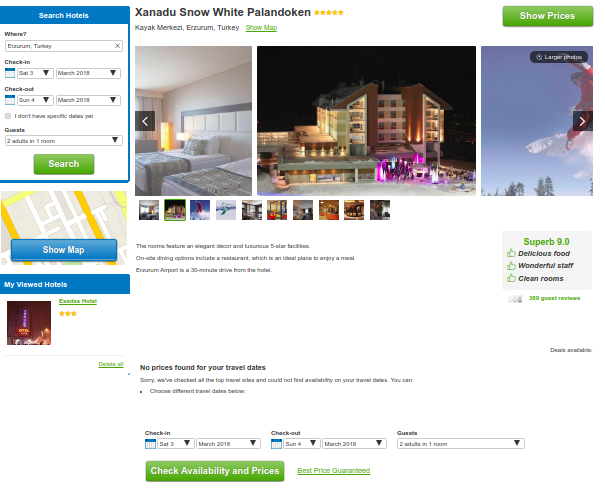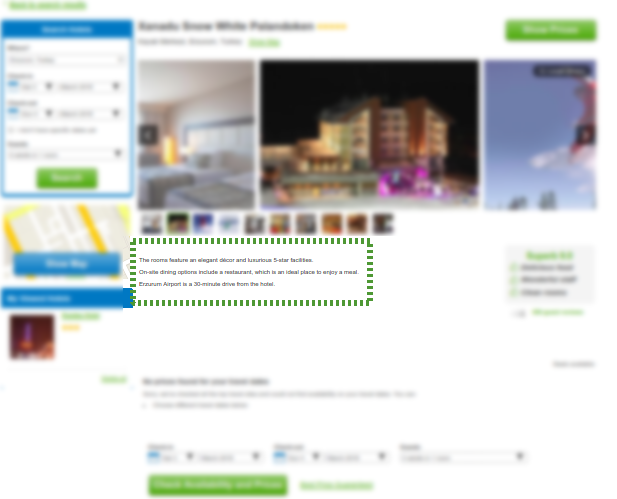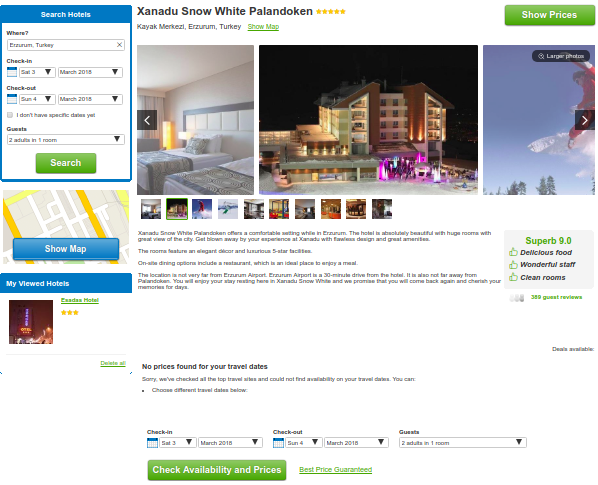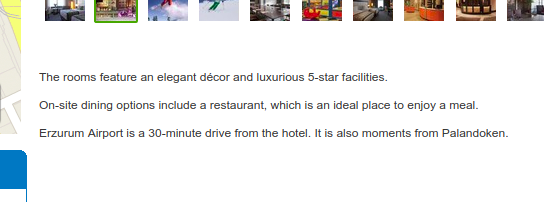An online travel portal improves content quality by 4x and gets 214% more organic traffic
When the business model demands that cost per acquisition has to be kept low to remain profitable, organic traffic is the best possible solution.
THE PROBLEM

Trip Avenue is an online travel company that works based on the affiliate business model. The company provides online travel services including hotel booking and international holiday packages. While this is a profitable business, the variety and breadth of high-volume keywords are somewhat slim. When their SEO agency analyzed the website for best-performing keywords, the chosen keywords were too broad and did not provide any value to the client. The agency also discovered that the majority of pages on the site had thin, underdeveloped content.
THE SOLUTION
“Never lose sight of the fact that all SEO ranking signals revolve around content of some kind.” — Duane Forrester
Overcoming content cannibalization and boosting SEO
90% of Trip Avenue‘s pages are product pages. While the rest of the content in the product pages remained the same, only the tour description in the page made a difference. Keyword cannibalization happens when you’re “cannibalizing” your own pages - all the pages look semantically similar to the search engines.
The product descriptions in Trip Avenue were too thin with just 2-3 sentences. Multiple pages with 95% similar content meant that the page is probably stretched thin, and it also signals Google that those pages are less worthy.
Sadly, these keyword cannibalization has some potentially disastrous consequences for the SEO.
Many people suffering from keyword cannibalization aren’t even aware that anything’s wrong. The practical consequences are clear, however: lost site traffic, queries leading to the wrong page, fluctuating SERP rankings, and ultimately lost traffic.

“I have done zero SEO on my websites and online platforms, but I still rank well on them because of the fact that I focused on content, providing value.”

Adzis was able to solve the problem by adding more content that actually differentiates pages. We made sure that the generated content was
- Relevant
- Useful and informative
- Unique
Content density improved four-fold. Semantic similarity between pages increased and thus regaining the SEO benefit of each of the pages.
THE RESULTS
The Data Cube score, a measure of search footprint and potential, increased from two digits to four digits. Organic search traffic has doubled in the past month. Keywords almost quadrupuled as well from 164 to 673. Since not all the pages are yet to be indexed, we believe the numbers will be more than these numbers.
Quality
The semantic similarity of the pages after content optimization came down to 45% compared to 95% before.
- Relevant
- Useful and informative
- Unique
Cost-benefit comparison
In-house AdZis approach Work hours One worker = 25 descriptions a day
22 working days a month = 550(25 desc x 22 days) pages a month
18 months to complete 10,000 pagesJust 6-10 days for 10,000 descriptions Cost At 550 pages per worker, it requires 18.2 workers to complete 10,000 pages
Just 1/10th of the cost of worker salaries.
COMPARISON OF CONTENT
Before

After

Semantic Similarity
- None of the two descriptions in 10K batch had a semantic similarity score > 65%. This means each and every description is unique.
- The average relevance of the newly generated descriptions was found to be greater than 7.0
- The error rate for a test sample of 700 was found to be less than 6%. This is far more superior than the quality of a human-generated content.